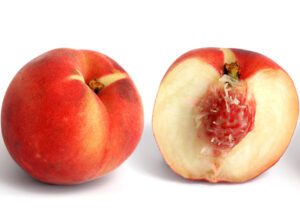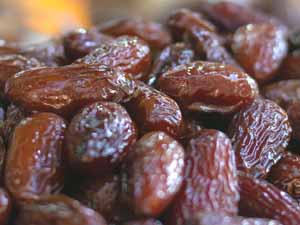Guavas are a delicious fruit that is enjoyed by humans, but what about dogs? Can dogs eat guava? Is guava safe for dogs? How to feed guava to dogs?
These are the common questions most of the dog owners ask. As a dog owner, it’s important to ensure that your furry friend is getting the proper nutrition they need.
You may be wondering if it’s safe to share your guava with your pup. Here we are describing more about whether can dogs eat guava or not. If you don’t have enough time to read further, the straight answer is YES, dogs can eat guava.
Dogs can eat guava in moderation, but it’s important to take precautions such as removing the seeds and introducing it slowly. Guava can provide many health benefits for your dog, including vitamins C and A, fiber, and antioxidants. However, it’s important to remember that guava is high in natural sugar and should be fed in moderation.

Can Dogs Eat Guava?
Yes, dogs can eat guava, but in moderation. Guava is a nutritious fruit that is high in vitamins C and A, fiber, and antioxidants, making it a healthy treat for your dog.
However, as with any new food, it’s important to introduce guava slowly and in small amounts to ensure that your dog can tolerate it.
One thing to note is that guava contains a lot of natural sugar, which can cause an upset stomach or diarrhea in some dogs. It’s also important to avoid giving your dog the seeds of the guava, as they can cause intestinal blockages or choking hazards. Always make sure to remove the seeds and cut the guava into small, bite-sized pieces before offering it to your dog.






